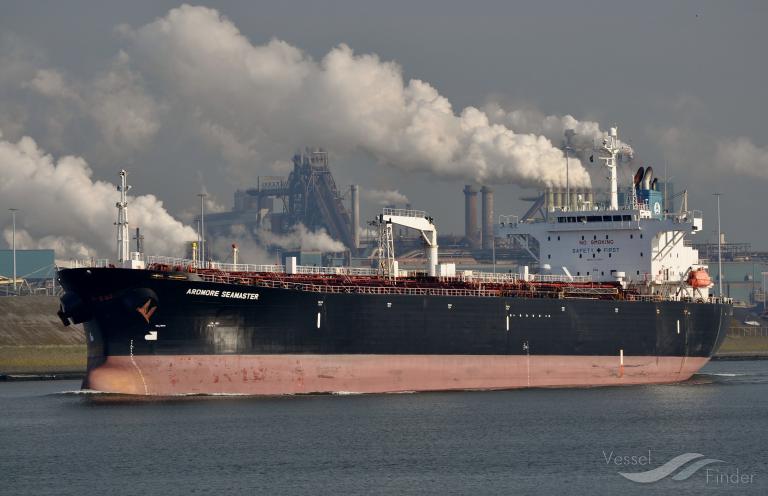
Ukraine's intelligence identifies captain of Russian ‘shadow fleet’ oil tanker
Ukrainian intelligence has identified the captain of the oil embargo-breaking tanker FACCA, a part of Russia’s so-called “shadow fleet” of oil tankers.

Ukrainian intelligence has identified the captain of the oil embargo-breaking tanker FACCA, a part of Russia’s so-called “shadow fleet” of oil tankers.
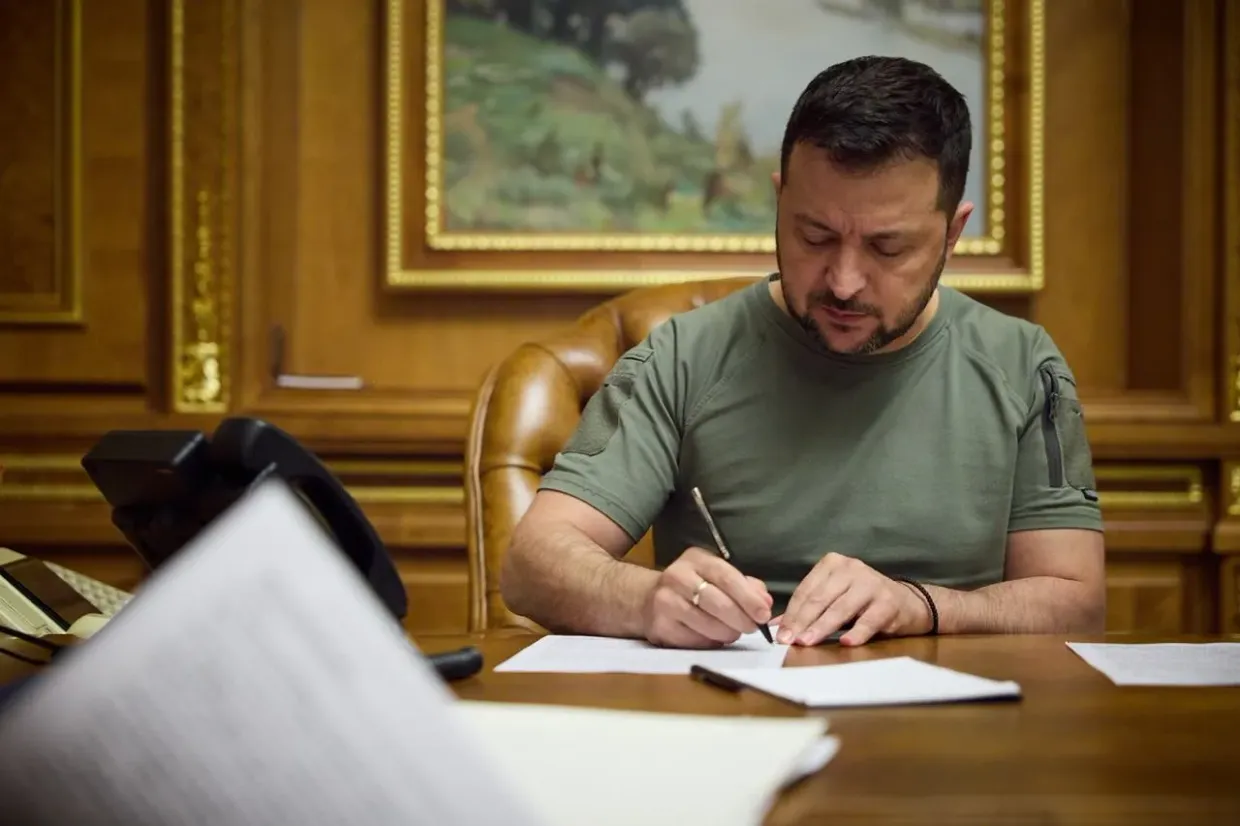
The sanctions lists include 71 people and 18 propaganda outlets spreading Russian propaganda. Fifty-nine more people are on the list targeting the so-called shadow fleet, including two Chinese captains.
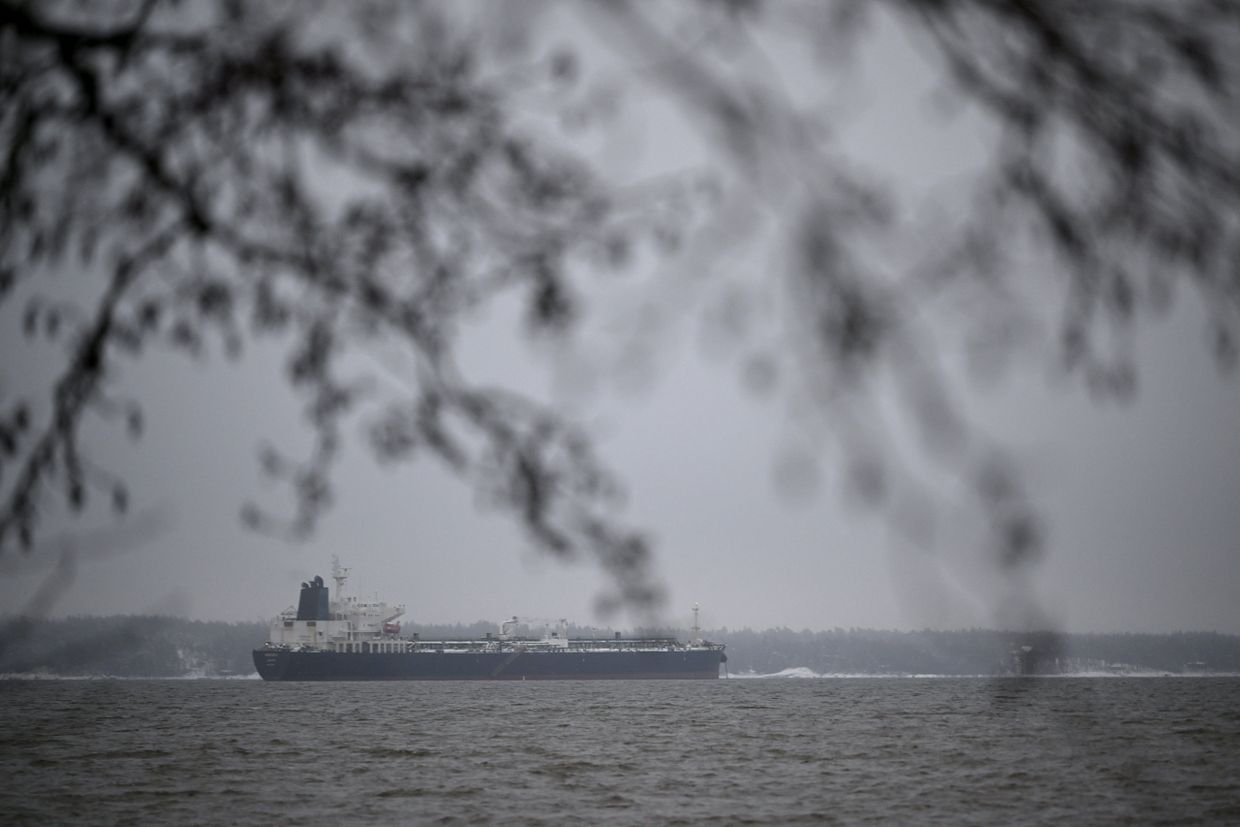
The vessel's captain is a Chinese citizen, and the rest of the crew are nationals of Myanmar.
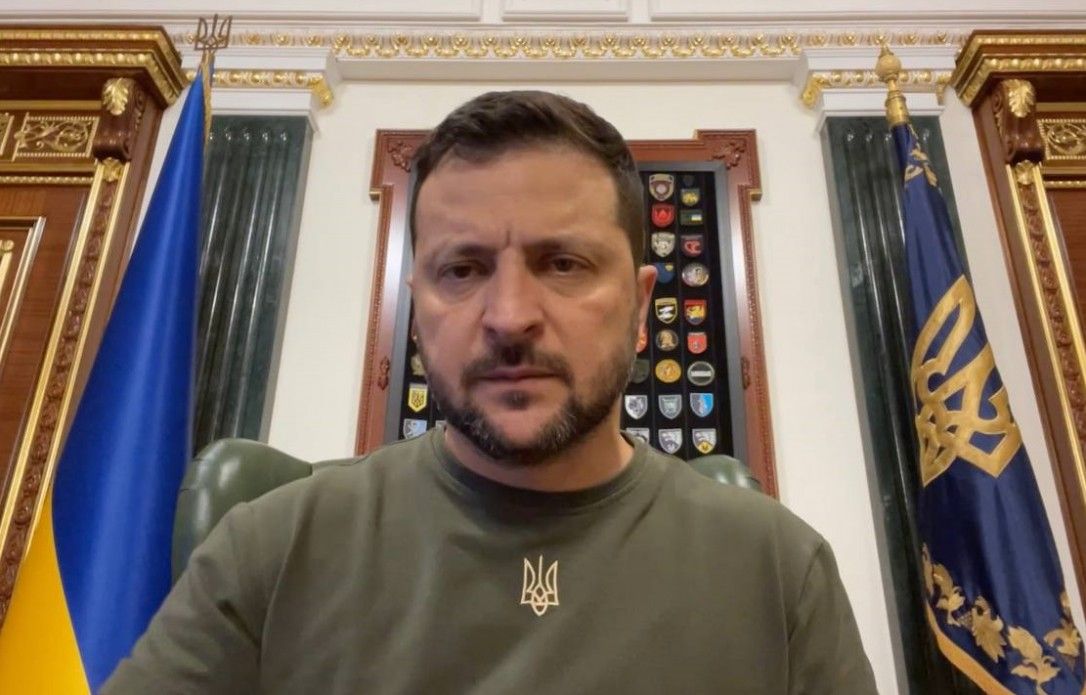
President Volodymyr Zelensky announced a new sanctions package targeting Russia’s “shadow fleet” during his nightly address on April 10.

Key developments on April 10: * US ambassador to Ukraine to resign, State Department tells Kyiv Independent * 'Before I got there, I had never held a weapon' — Ukraine shows interrogation of Chinese POWs * Ukraine won't accept any limits on its army in talks with Russia, official says * Russia frees woman jailed
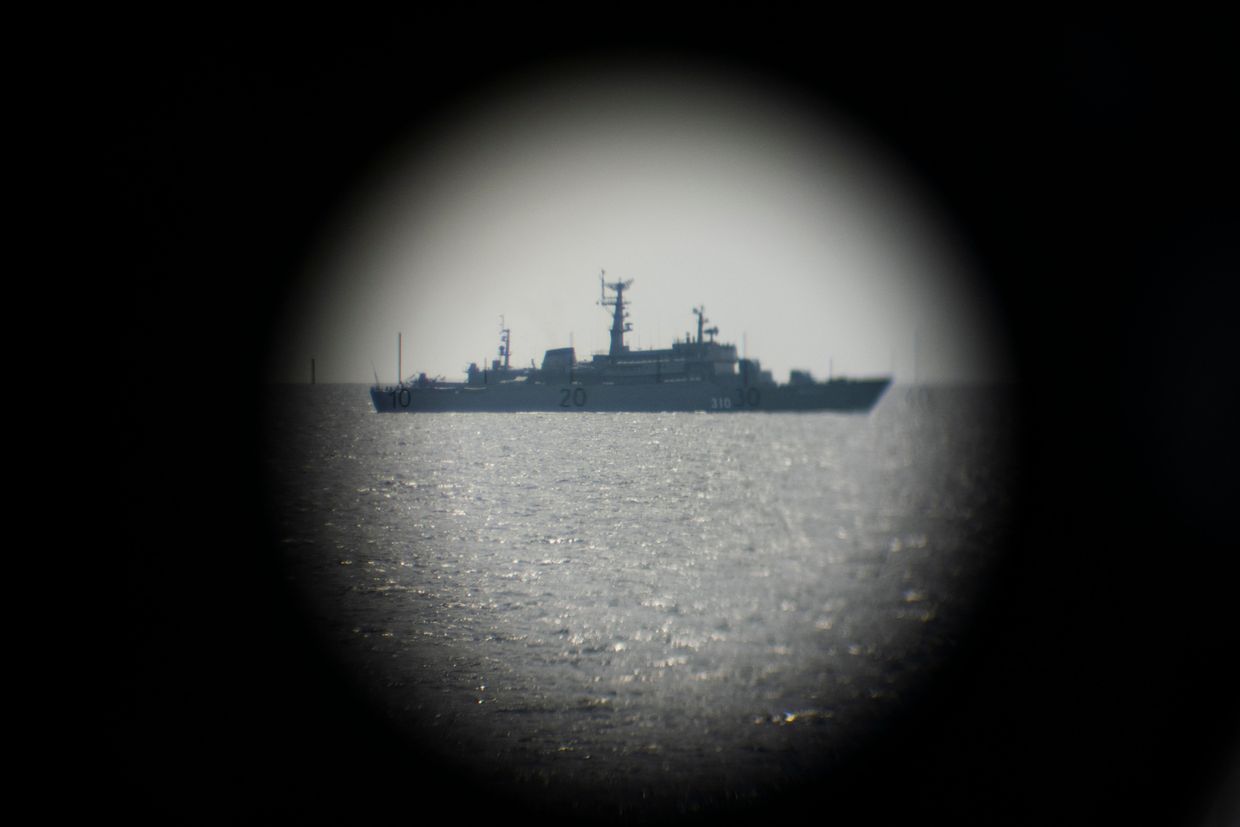
The proposed law would authorize U.S. authorities to confiscate oil cargoes transported by vessels blacklisted by the Treasury Department. Proceeds from the sale of the seized oil would be directed toward reducing the U.S. national debt.
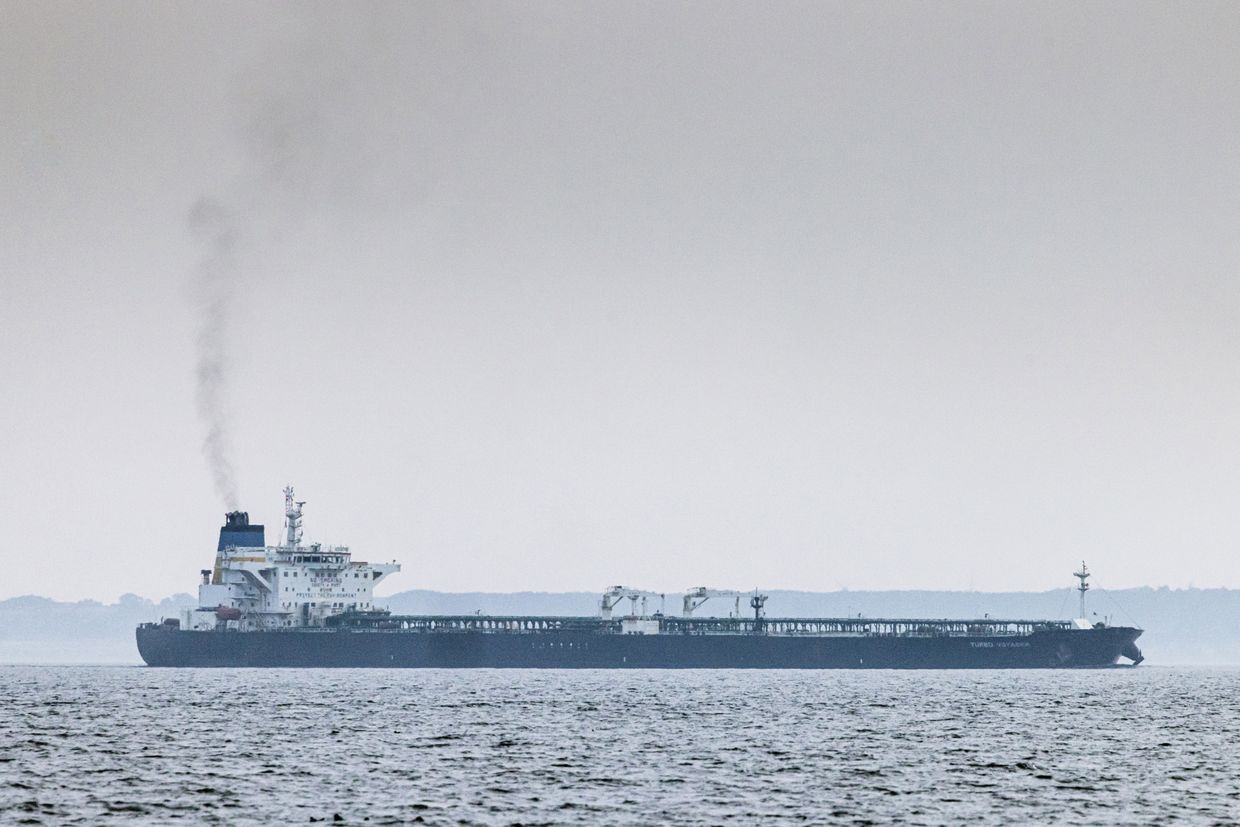
The shadow fleet refers to aging and largely uninsured oil tankers that Russia uses to transport oil above the $60 per barrel price cap.
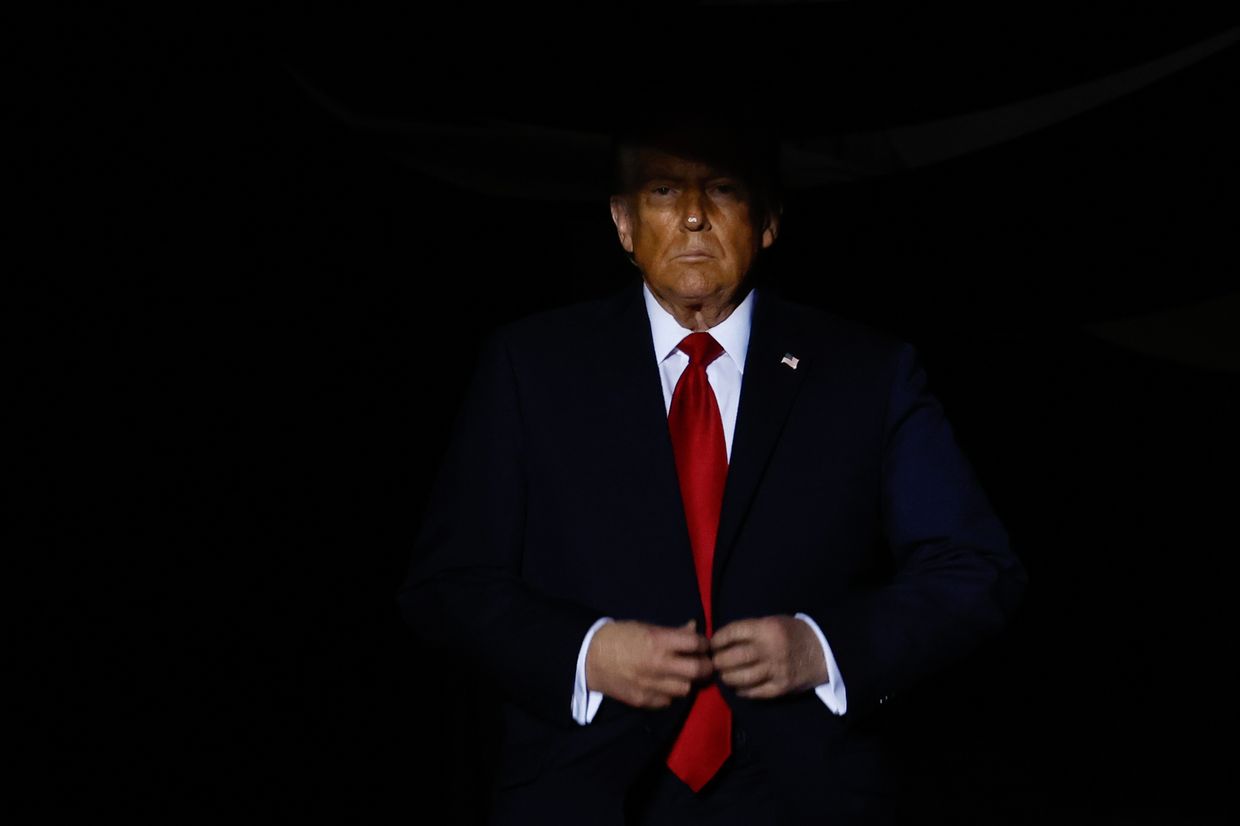
The United States vetoed a Group of Seven (G7) proposal to establish a joint task force that would tackle sanctions evasion related to Russia's 'shadow fleet,' Bloomberg reported on March 8.
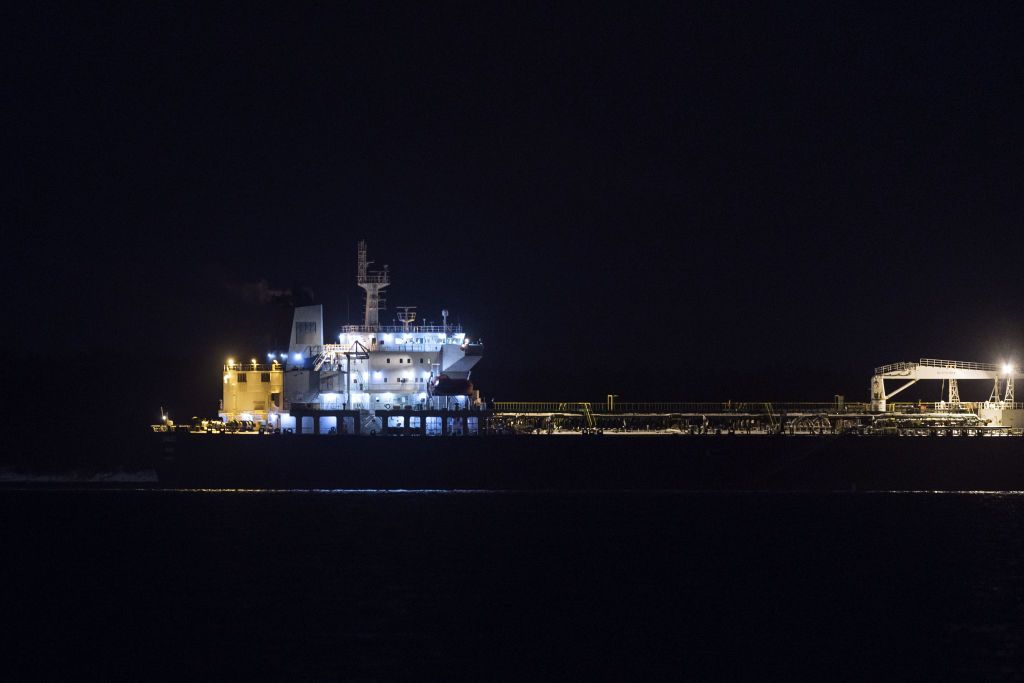
In January, the Swedish Navy found an anchor at the site of the sabotaged cables in the Baltic Sea. Finnish authorities suspect the Eagle S intentionally dragged its anchor along dozens of kilometers of the Baltic seabed, according to AFP.
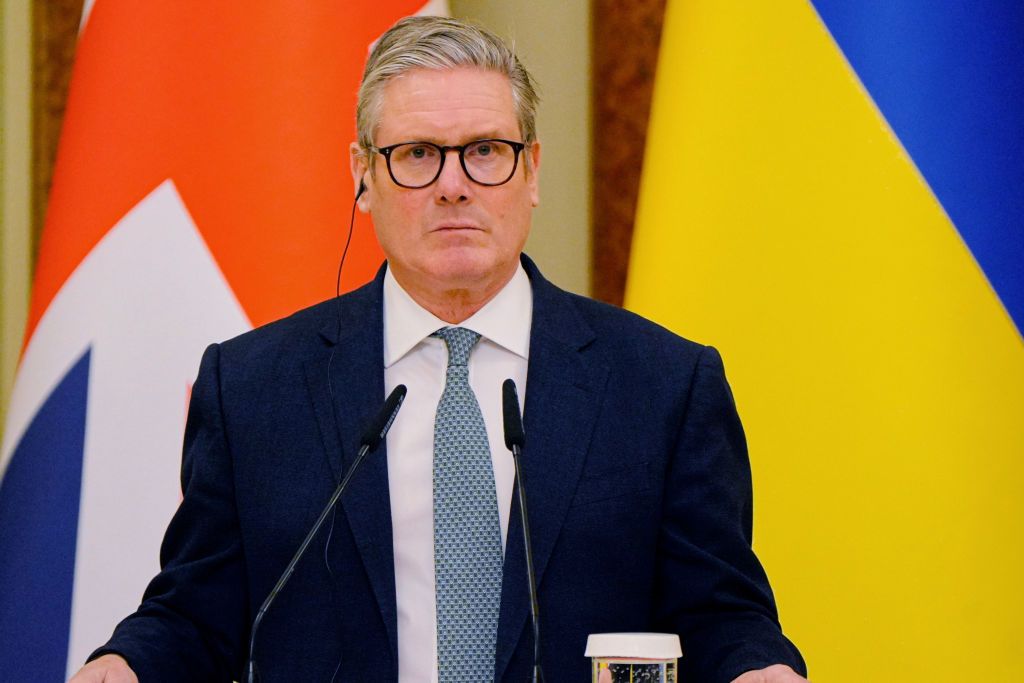
The U.K. is imposing its largest-ever package of sanctions against Russia, targeting its "shadow fleet" of tankers and foreign-based companies providing military parts to Russia, U.K. Prime Minister Keir Starmer said on Feb. 24.
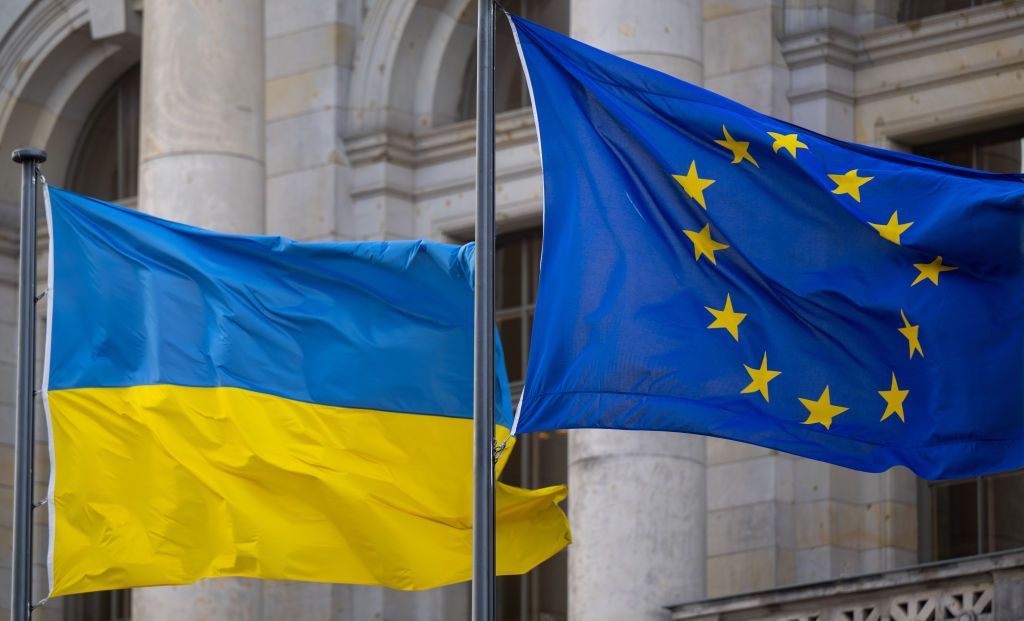
The new measures, announced on the third anniversary of the all-out war, target Russia's "shadow fleet" of oil tankers, banks, aluminum imports, and other sectors.
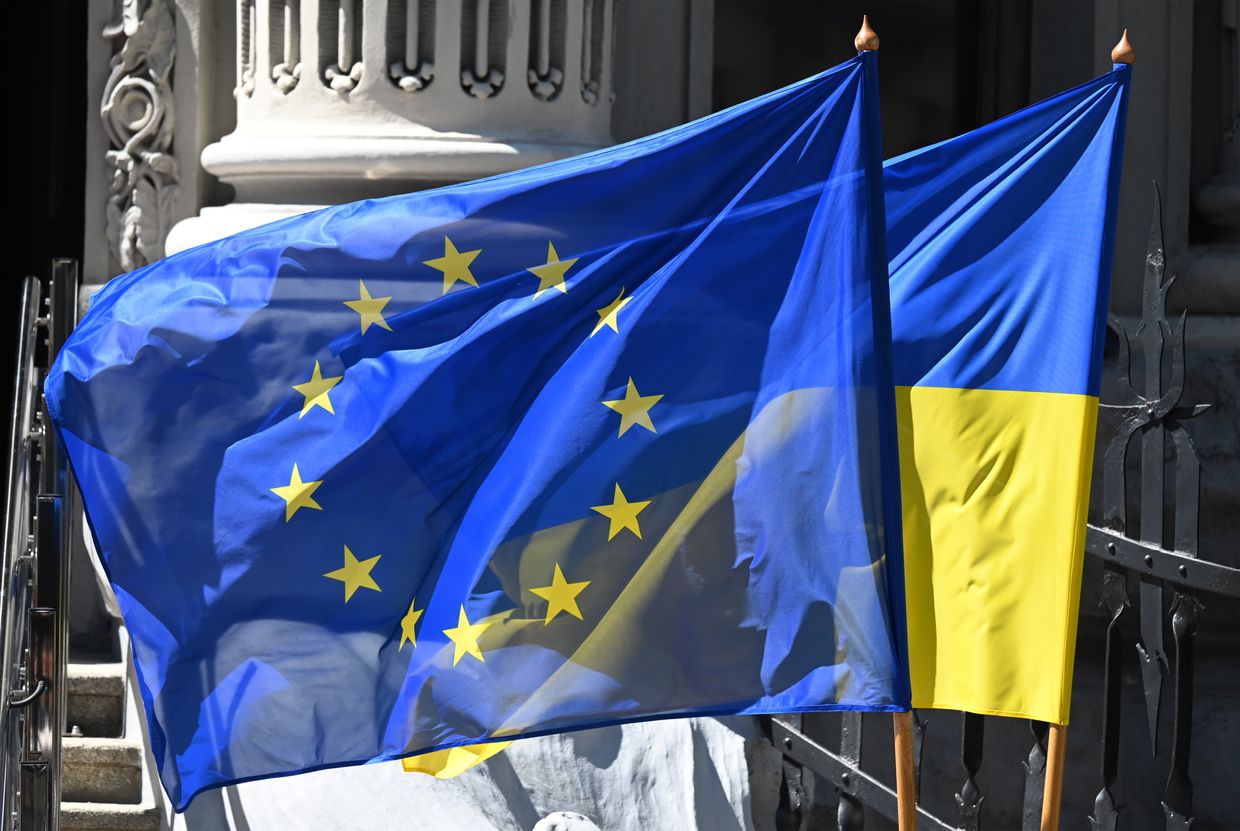
EU ambassadors agreed on a new package of sanctions against Russia, targeting aluminum imports and the "shadow fleet" of oil tankers, Euronews reported on Feb. 19.

Two explosions took place on the oil tanker Seajewel, moored in the Italian city of Savona on Feb. 18, with the vessel allegedly transporting Russian oil to Europe, Italian publication IVG reported.

Russia has resorted to a "shadow fleet" to transport its oil and gas to get around Western sanctions and price caps. The Kyiv Independent spoke with Elisabeth Braw, a senior fellow with the Atlantic Council's Transatlantic Security Initiative, to find out what options the West has and how dangerous the shadow fleet actually is.
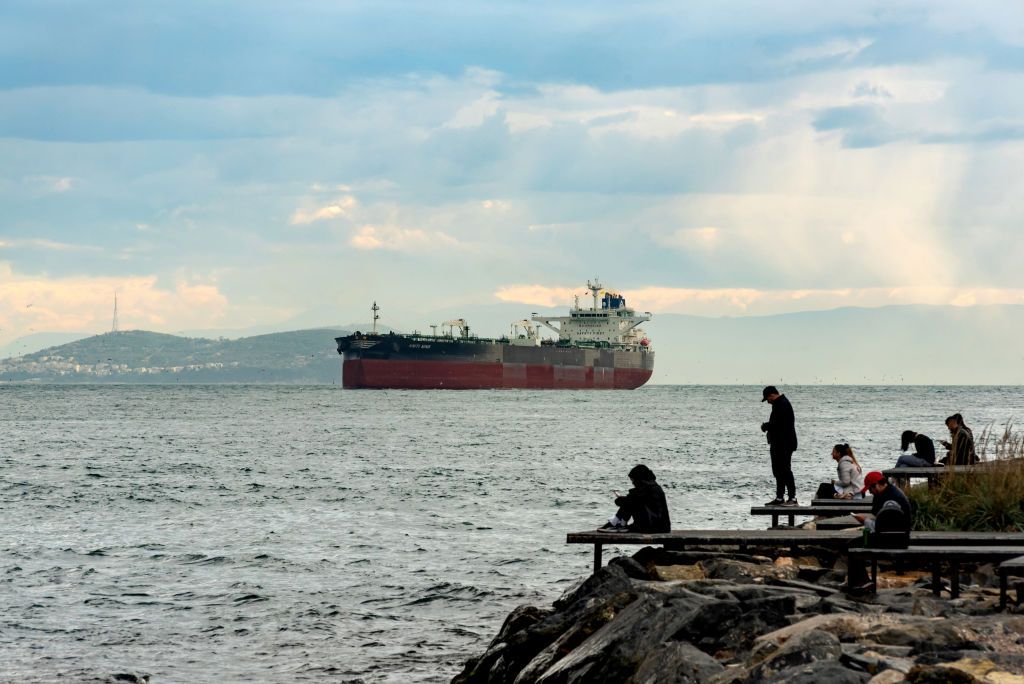
According to Politico, European countries are drafting new legislation that would enable potential seizures of Russian oil tankers on legal grounds.

The tanker, built in 2023 and sailing under the Antigua and Barbuda flag, had arrived at Ust-Luga on Feb. 6, according to ship-tracking data from Vesselfinder. Russia’s Baza Telegram channel reported that the vessel was carrying 130,000 tonnes of heavy fuel oil.

The damage comes amid a series of recent disruptions to undersea telecom and power cables in the Baltic Sea. Western experts and officials have accused Russia of engaging in hybrid warfare against countries supporting Ukraine.

The number of sanctioned vessels has now reached 265, with U.S. blacklisting proving to be the most disruptive. Of the 435 ships that transported Russian crude in 2024, 112—or 26%—are now under Washington’s sanctions.

President Volodymyr Zelensky has approved sanctions against 57 captains of Russia’s "shadow fleet," a group of tankers routinely used to evade sanctions targeting Russia's oil trade, and 55 individuals involved in looting Ukraine’s cultural heritage in occupied Crimea.
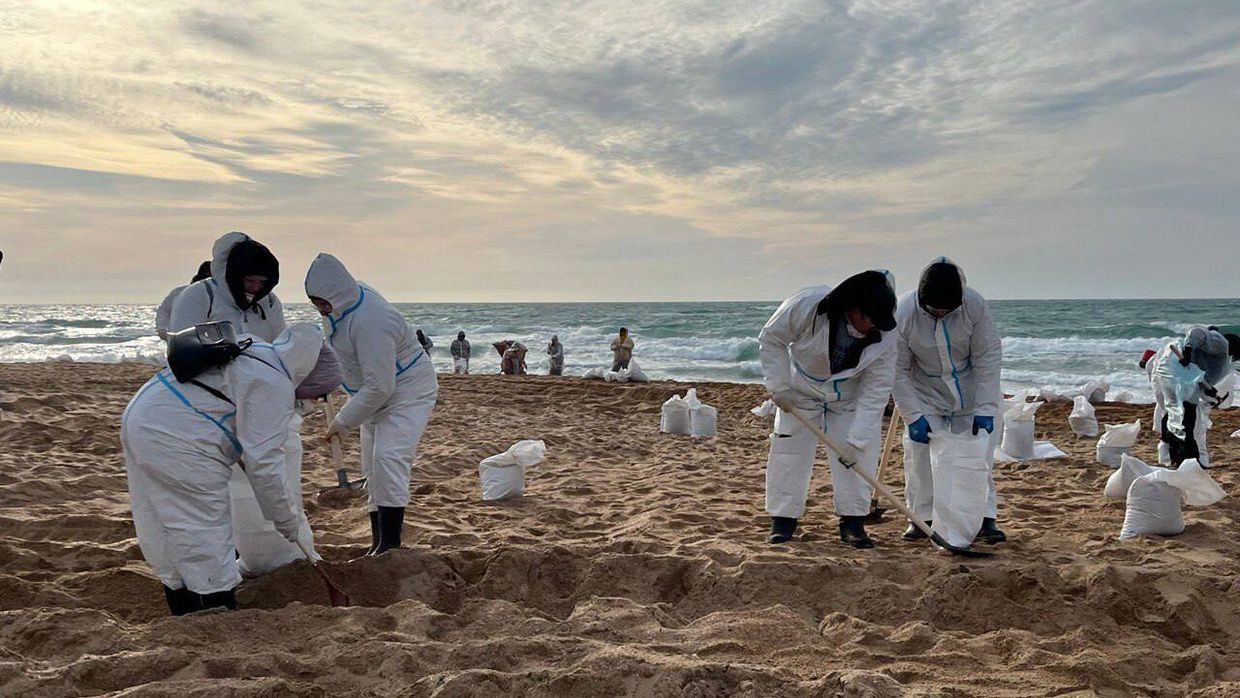
On the night of Dec. 15, 2024, two Russian oil tankers, Volgoneft-212 and Volgoneft-239, sank in the Kerch Strait, a narrow maritime connection between the Black Sea and the Sea of Azov, off the coast of occupied Crimea. Both vessels were constructed for service on rivers, not on the open

The vessel, which operates under the Norwegian flag and travels between St. Petersburg and Murmansk, was seized in Tromso at Latvia's request following a local court order.
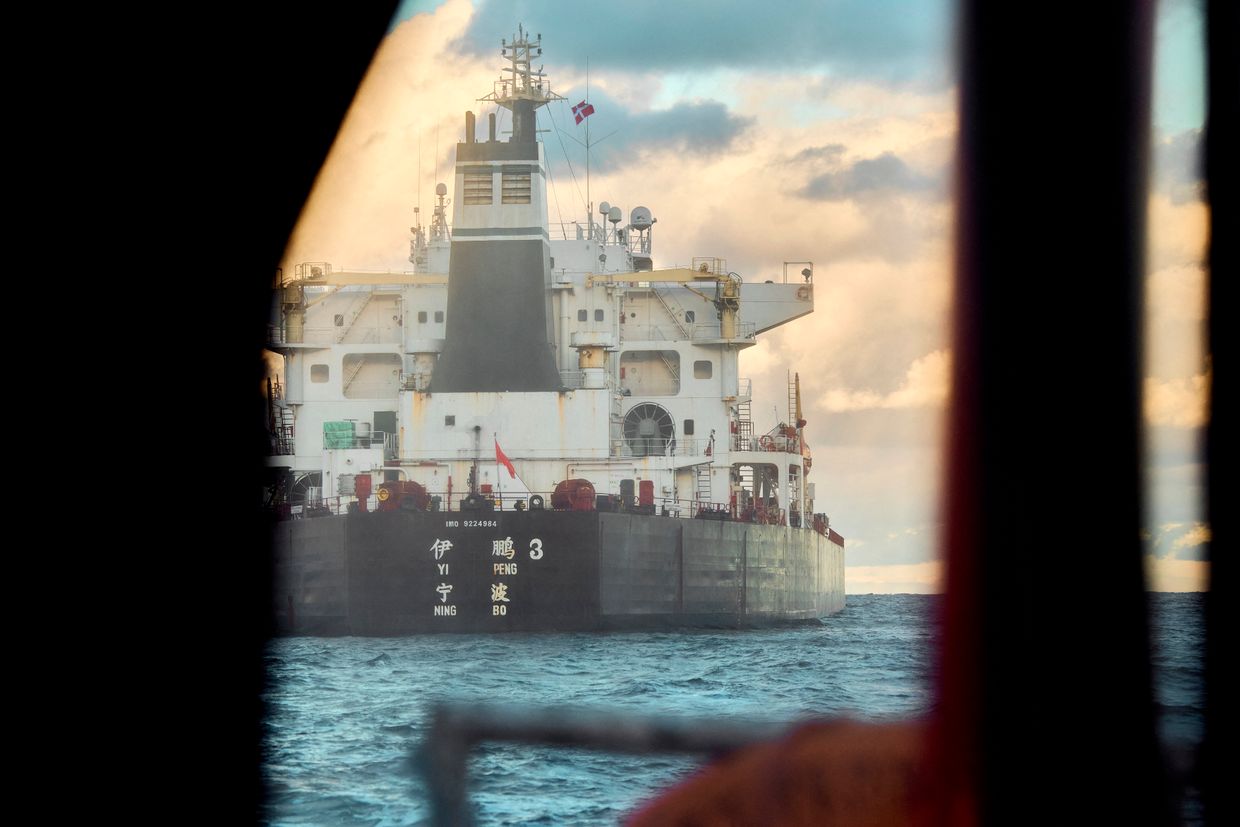
Following Russia's full-scale invasion of Ukraine in 2022, concerns over the security of energy and communication infrastructure in the Baltic Sea intensified. Initially, focus was placed on the threat of hybrid attacks from Russia. However, it became evident that Russian military vessels and so-called "research" ships were actively mapping the

The removal of these flags disrupts Russia's oil export logistics, forcing tankers to re-register in less reputable jurisdictions and change ownership to avoid detection.
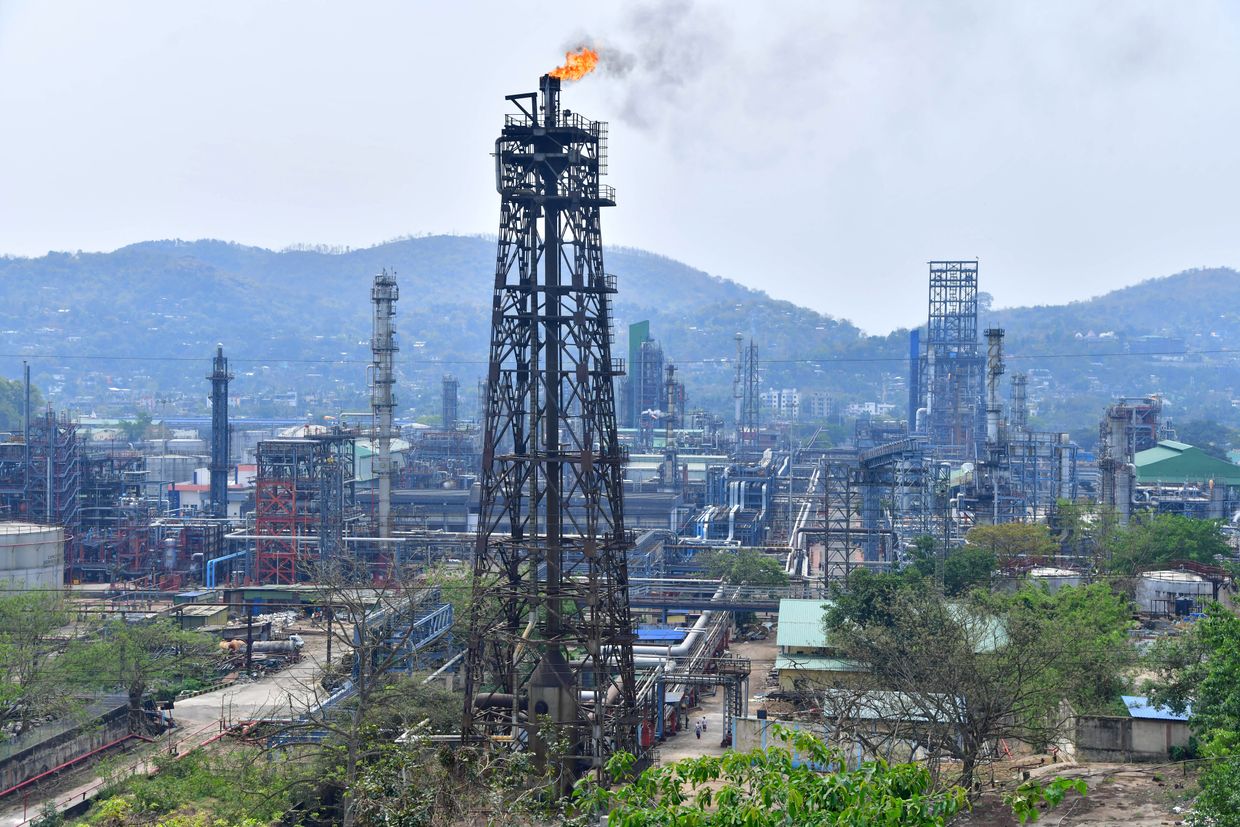
Following the new restrictions, financial institutions in India began blocking payments for Russian crude, Energy Intelligence reported. India is currently the leading importer of Russian oil.
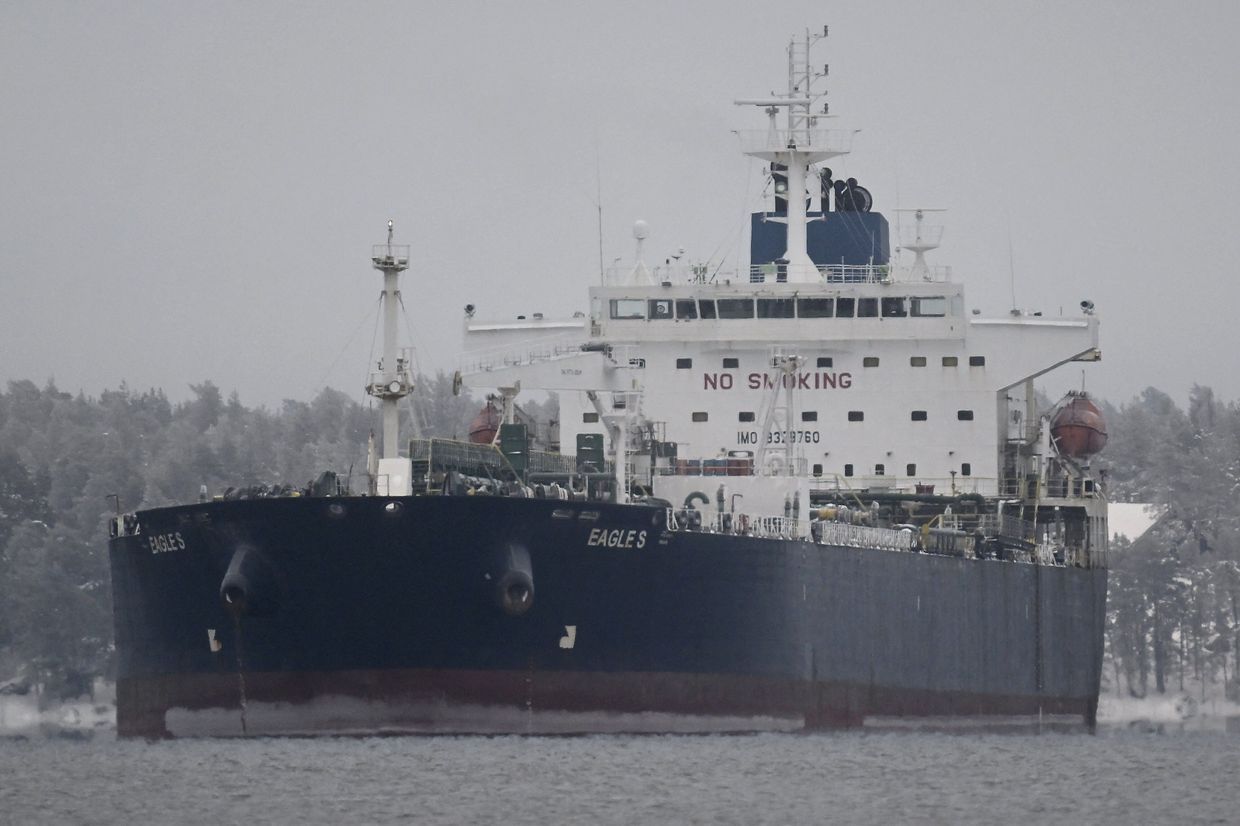
Intelligence officials in the U.S. and Europe have suggested that recent incidents damaging critical cables in the Baltic Sea were accidental, according to a Washington Post report. Western geostrategic self-deception has overly emphasized fears of escalation and cornering Russia. It would be naïve to assume that the repeated cutting

Sixty-five oil tankers paused operations in various places around the world following the recent U.S.-U.K. sanctions against Russia’s oil industry and shadow fleet, Reuters reported on Jan. 13, citing maritime tracking data.

Since Russia’s invasion of Ukraine in 2022, the Baltic Sea region has faced numerous disruptions to power cables, telecom links, and gas pipelines.
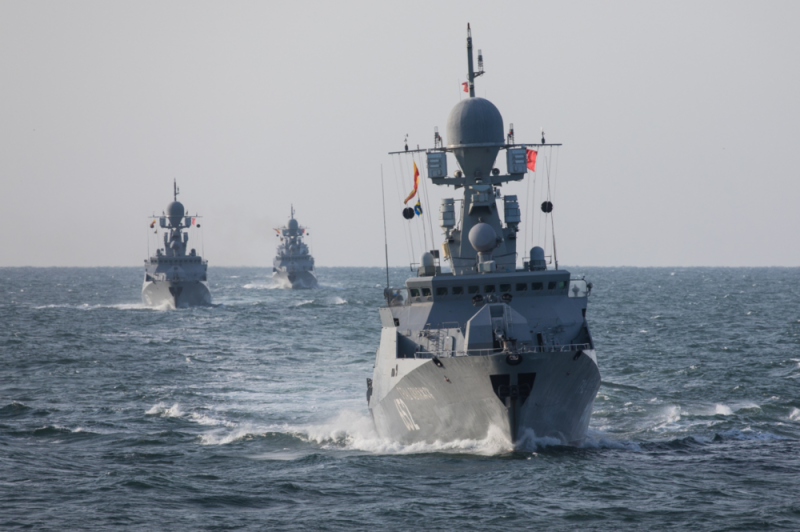
Three sanctioned tankers carrying over 2 million barrels of Russian crude oil are floating off China's coast after they were hit by fresh U.S. sanctions last week, Bloomberg reported on Jan. 13.
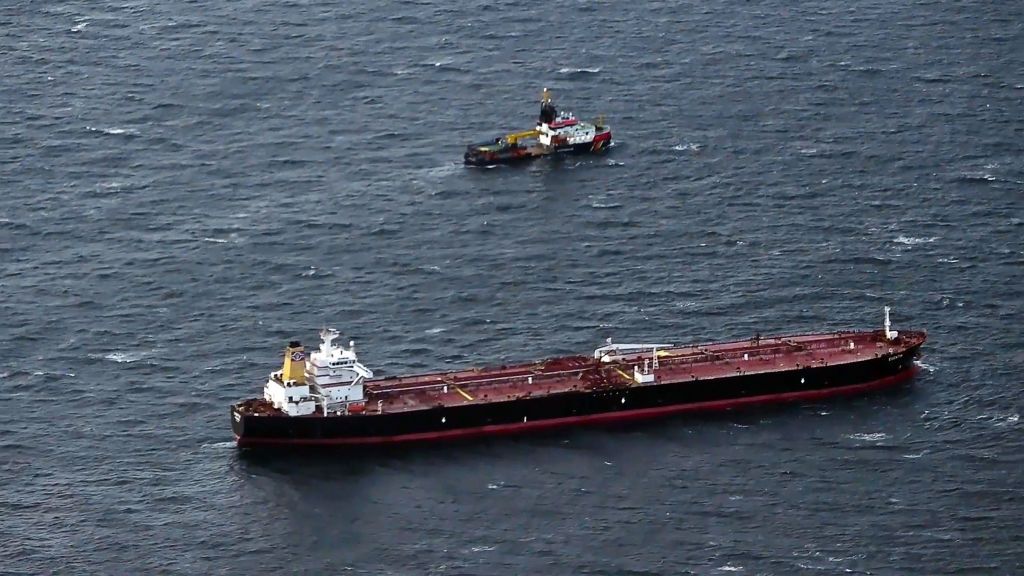
"The towing convoy is moving eastwards to a position northeast of Cape Arkona (Rügen)," Germany's Central Command for Maritime Emergencies (CCME) said, referring to the German island in the southwestern part of the Baltic Sea.
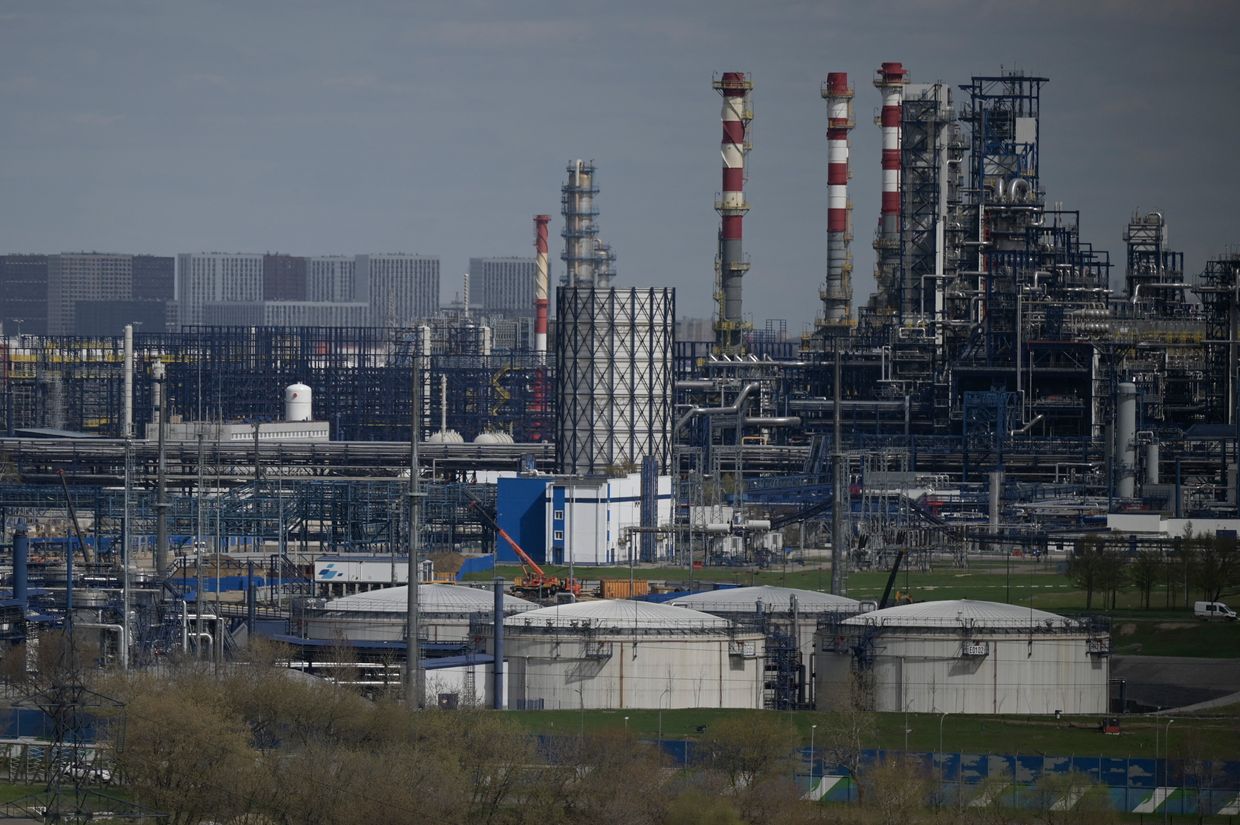
"The United States is taking sweeping action against Russia's key source of revenue for funding its brutal and illegal war against Ukraine," Treasury Secretary Janet Yellen said.

Shandong Port Group has prohibited U.S.-sanctioned tankers from accessing its ports in the eastern Chinese province, three traders familiar with the issue told Reuters. This region, home to many independent refiners, is a significant importer of oil from countries under U.S. embargoes.
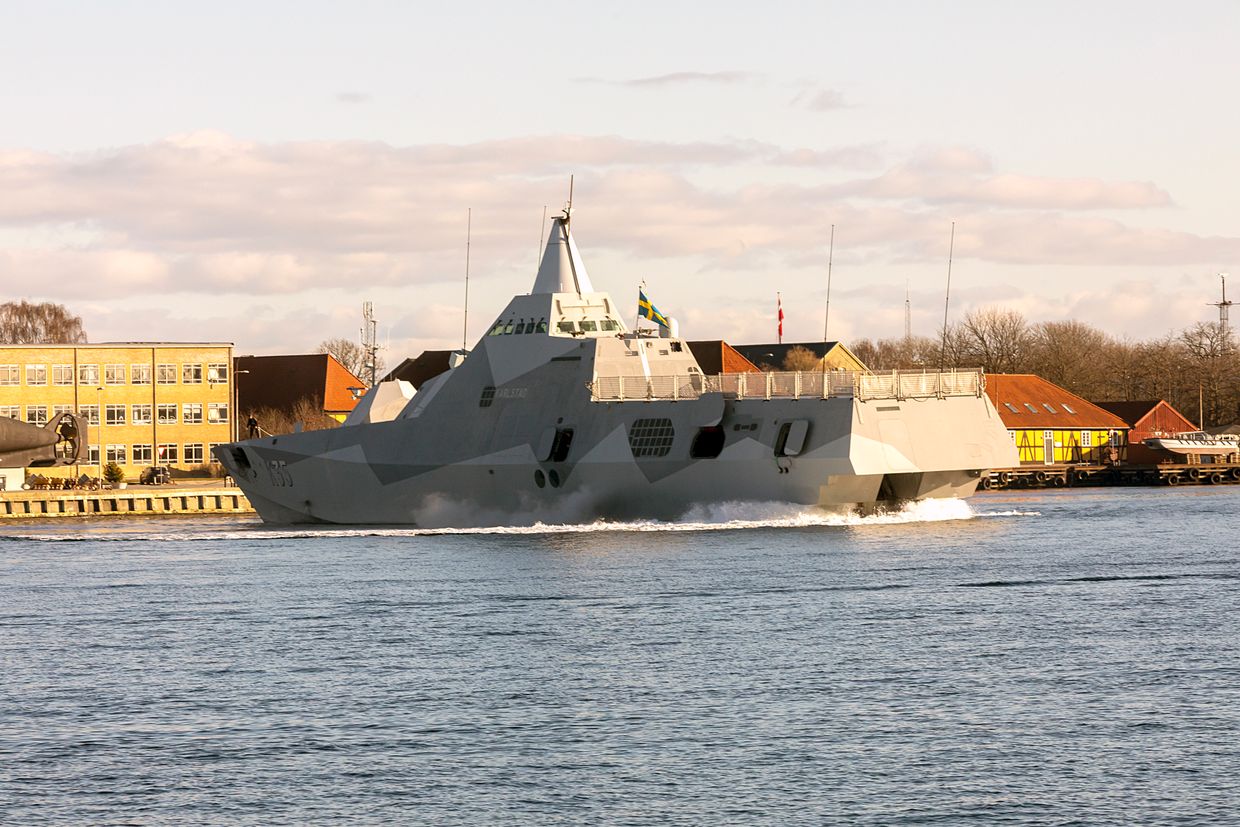
The U.K-led Joint Expeditionary Force (JEF) has set up a tracking system to alert allies if a ship poses a threat to undersea cable infrastructure and track Russia's shadow fleet of tankers, London said on Jan. 7.



